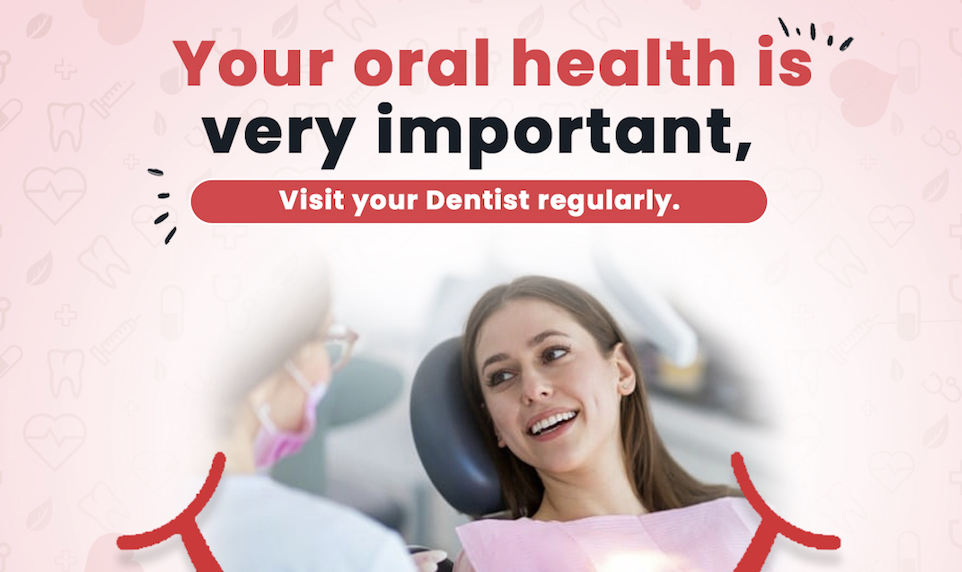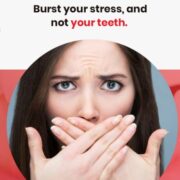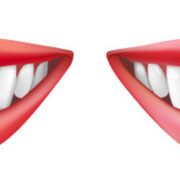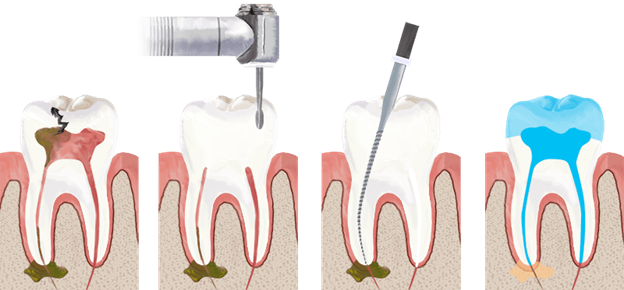Whether you’re looking for a refresher on how to keep your teeth and gums healthy, reading this article can help you take proactive steps towards maintaining your dental health. Your mouth, or oral cavity, is an oval-shaped opening in the skull. It starts at the lips and ends at the throat. It’s important to several bodily functions, including breathing, speaking, and digesting food. They say beauty is in the eye of the beholder. But when it comes to having a great smile, what others think matters. Good oral hygiene practices not only prevent various diseases such as gingivitis and periodontal but also strengthen your immune system. Let’s take a look at some important tips for oral health.
Oral Cavity
Listen to pronunciation. (OR-ul KA-vih-tee) Refers to the mouth. It includes the lips, the lining inside the cheeks and lips, the front two thirds of the tongue, the upper and lower gums, the floor of the mouth under the tongue, the bony roof of the mouth, and the small area behind the wisdom teeth.
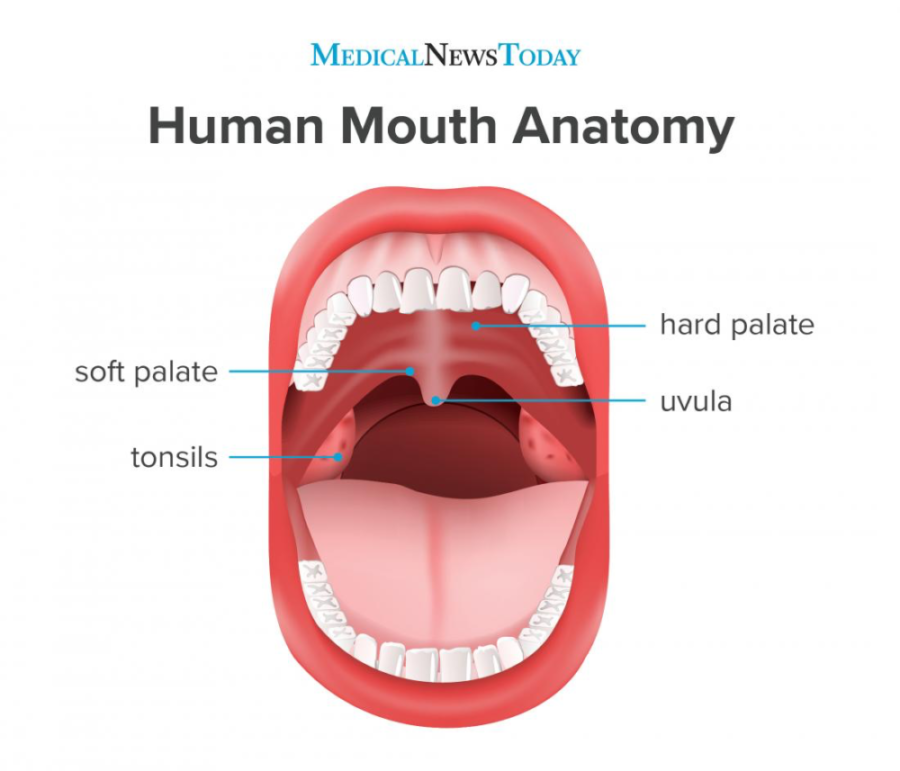
Brush your teeth twice a day | Oral Cavity
The first thing you should do in the morning and evening is floss your teeth followed by brushing your teeth. Brushing is perhaps the most important and effective way to maintain your dental health. If you want to keep your teeth healthy, you need to brush them at least twice a day. If you don’t do this, you’ll be leaving plaque, a bacterial film, on your teeth. This will lead to cavities and other diseases of the teeth and gums. Brushing your teeth removes food particles and plaque from your teeth, preventing tooth decay and gum disease.
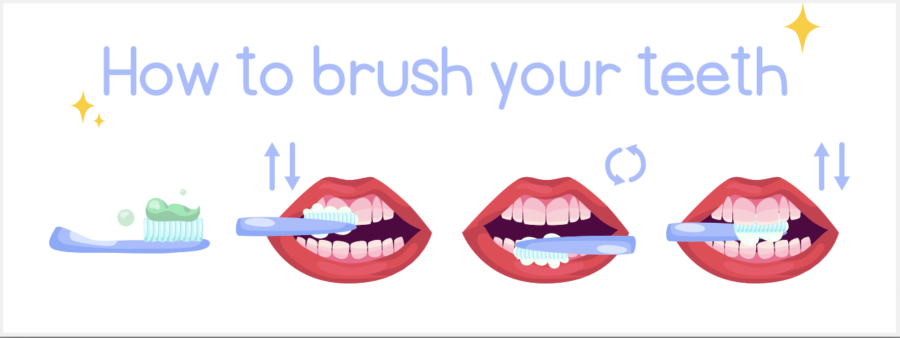
It also prevents bad breath by removing bacteria that cause it. You need to be careful about the way you brush your teeth. Make sure you are brushing for the right amount of time, using the correct technique, and using the right type of toothbrush. Brushing your teeth incorrectly can actually do more harm than good. Make sure to examine your brushing technique and follow the tips below to ensure you are brushing your teeth right!
Floss once a day
While brushing your teeth removes plaque from the surfaces of your teeth, flossing removes plaque from the areas that your toothbrush cannot reach. Brushing your teeth removes only about 30% of plaque while flossing removes up to 80% of plaque. Plaque is a sticky substance that forms on the teeth. If left untreated, it can lead to cavities, gum disease, and tooth loss. Flossing is just as important as brushing your teeth.
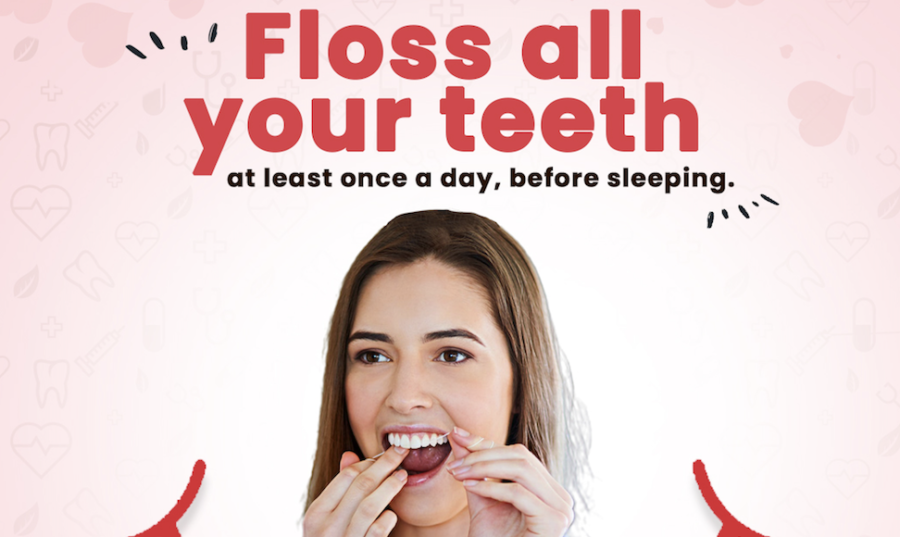
It removes plaque from between your teeth so that your toothbrush can’t reach. If you don’t floss, you are more likely to develop cavities and gum disease. Flossing is essential for oral health. If you don’t floss, you are just brushing about 30% of your teeth. Bacteria and plaque build up between your teeth and below the gum line. This causes bad breath and tooth decay. Plaque can also lead to gingivitis and periodontal disease.
Functions of oral cavity
Its primary function is to serve as the entrance of the alimentary tract and to initiate the digestive process by salivation and propulsion of the alimentary bolus into the pharynx. It also serves as a secondary respiratory conduit, a site of sound modification for the production of speech, and a chemosensory organ.
Visit your dentist regularly for oral cavity
You should visit your dentist once every 6 months. The American Dental Association (ADA) recommends that people see a dentist once every 6 months to maintain good oral health. Dentists can detect early signs of gum disease, cavities, and other diseases of the teeth and gums. This can help you catch issues before they become a huge problem. Dentists are trained professionals who are able to identify health issues related to your teeth and gums.

They can also tell if you have been practicing poor oral hygiene. Regular visits to your dentist can help you maintain good oral health. As you visit your dentist regularly, he will be able to identify any issues you might be having. He can also help you come up with a treatment plan to prevent future issues. You can also ask your dentist if you should be flossing or if you need to brush more frequently.
Use mouthwash and breath mints regularly
Mouthwash is a liquid that you swish and spit out. It contains antiseptic ingredients such as alcohol, salt, fluoride, and eucalyptus. These ingredients fight bacteria and clean your teeth and gums. They also freshen your breath. You can get mouthwash with a variety of flavors. It is important to choose a brand that does not contain sugar. Sugar is harmful for your teeth.
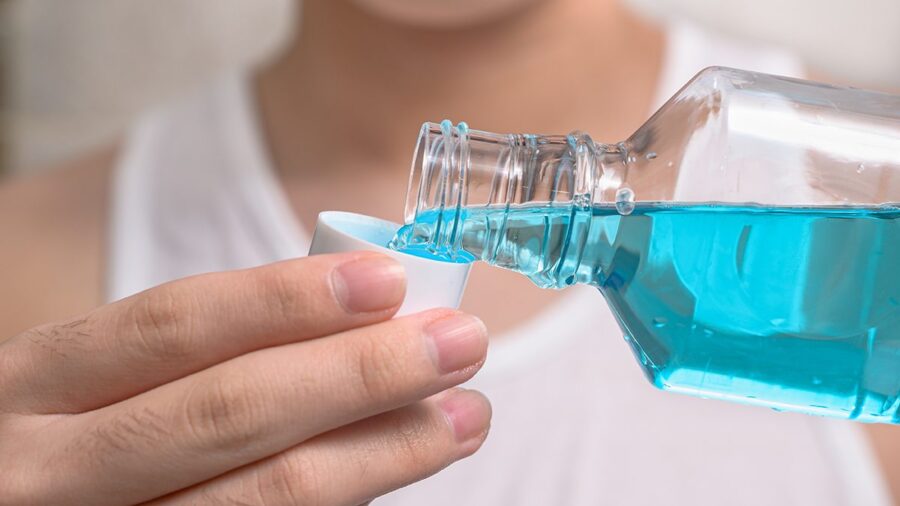
Some brands also have whitening properties to remove stains from your teeth. Minty toothpaste is great for freshening your breath. It also contains ingredients that kill bacteria that cause cavities and gum disease. Minty mouthwash and toothpaste is great for people with gum disease or bad breath. Minty breath strips are another great way to freshen your breath. These are especially useful if you are going to be around other people.
Maintain a healthy diet
There is more to oral hygiene than simply brushing, flossing, and visiting the dentist. If you want to keep your teeth healthy, it’s important to maintain a healthy diet as well. Here are some tips to keep your teeth healthy:
Maintain a balanced diet: Your diet is one of the most important factors affecting your oral health. Eating a balanced diet can help prevent cavities as well as periodontal disease.
Beware of sugary drinks: Sugary drinks and snacks should be avoided as far as possible as they increase your risk of cavities.
Chew your food slowly: When you eat, you break down food with your saliva. This helps in preventing cavities.
Cut out tobacco: Tobacco contains nicotine, which causes tooth decay and loss of teeth.
Supplement your diet: You can use supplements like vitamins, minerals, and calcium to strengthen your teeth.
Summing up
Dental health is an essential part of your overall health. By following some simple tips, such as flossing, brushing, and visiting your dentist regularly, you can keep your teeth healthy and strong. With proper dental hygiene, you can also prevent tooth decay and gum disease. To maintain a healthy smile, it is important to follow a good dental hygiene routine. With these tips, you should have no trouble keeping your teeth, gums, and mouth clean and healthy! With these dental health tips, you can be sure to keep your teeth looking and feeling great, while preventing any dental issues that might arise. Keep these tips in mind, and you can be sure that you’ll have a healthy smile for years to come.

